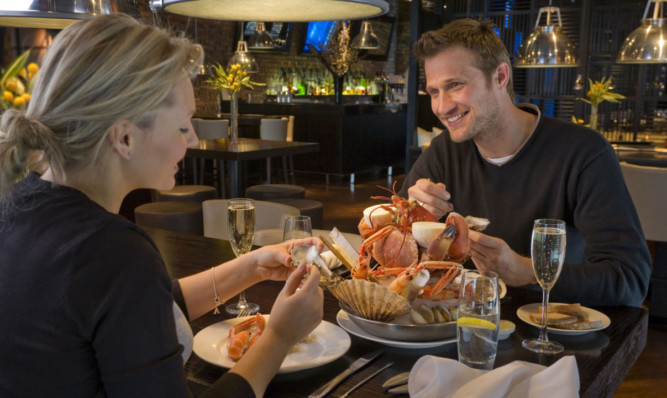Government support for tourism businesses must be improved or visitors’ experience of Scotland will suffer, according to a new report from the Federation of Small Businesses.
The lobby group said agencies set up to boost the sector failed to cater to the needs of typical smaller providers, while the priorities of Scotland’s national tourism strategy did not match those of operators.
It said more effort must be made to support disconnected and often rural firms, and highlighted the “practical difficulties” they face in seeking to engage with other groups and organisations.
Tourism is reckoned to account for around 10% of GDP and employ around 185,000 people, but companies face the challenge of seasonality and are often smaller than counterparts in other industries. About 99% of tourism firms are classed as ‘small’, employing an average of eight people.
“The lack of time and resources available to small tourist firms, who are naturally engaged in running their business, means the majority are reticent about engaging in local tourism structures or business support,” said the report on Eating Sleeping Shopping Doing: Small Businesses and the National Tourism Strategy.
“And around half who used the support question it relevance or usefulness.”
The study, published today, goes on to warn that “failure to shift resources will likely see uneven and urban-concentrated growth in Scotland’s destinations and stymie efforts to improve the overall customer experience”.
It found while two-thirds of Scotland’s tourism businesses want to grow, a majority aren’t consulting public or private expertise.
The FSB argues that small enterprises need to seek extra help, while also stressing that publicly-funded support bodies must make a “concerted effort” to make it easier for firms “to understand and find available support”.
It said the large number of schemes and initiatives on offer had created a “complex and confusing” landscape, with a “more co-ordinated and joined-up approach” regarded as essential to simplify and streamline the support on offer.
The difficulty was rated as just one barrier to “engagement and collaboration” and would require significant work to overcome, with the study noting that many are unconvinced about working with “talking shop” tourism groups.
It said the perception held by many small tourism businesses will prove difficult to overcome unless collaboration can yield a return for businesses that are naturally focused on the bottom line.
The publication comes as Scotland aims to grow annual visitor spending from £4.5 billion to £5.5bn by 2020, and as a revamped Dundee Waterfront prepares to enter what has been hailed as a billion-pound decade of tourist spending.
Energy costs and poor digital connectivity were among the biggest gripes for small tourism firms, while it was also found that the sector was less likely to use bank or other long-term finance and faced higher than average interest rates.
“There’s no doubt that there’s some good public-sector support on offer for Scottish tourism businesses, but our report shows that businesses are confused about who does what,” said FSB policy convener Andy Willox.
“While of course it’s up to businesses to look for the help they need to get the edge, publicly funded bodies need to work more closely together and deliver a consistent joined-up message to busy, hard-pressed local tourism businesses.”
Enterprise Minister Fergus Ewing said Scotland’s small businesses played a “crucial role” in the lucrative tourism sector.
“It is important that we assist our small businesses to capitalise on our enhanced profile to build a bright and secure future for our tourism economy,” he said.
